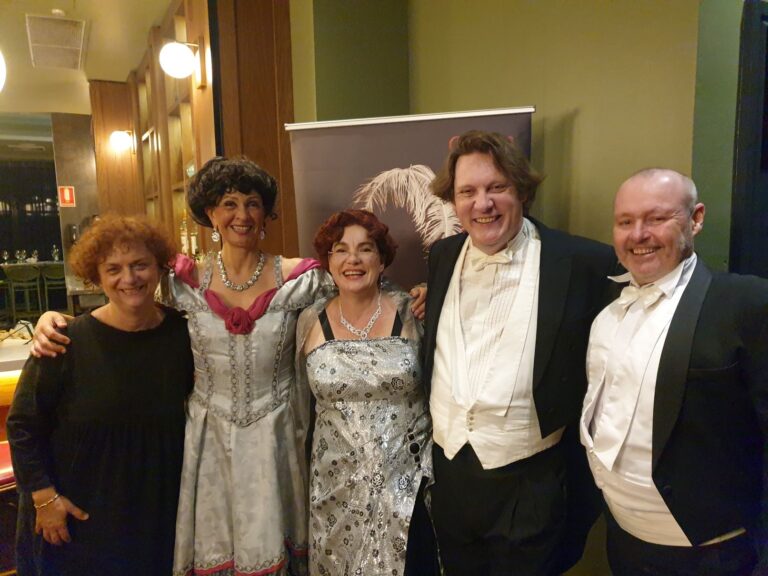
Fencing in the Mardi Gras Fair

Since the Mardi Gras Fair Day hosted 80,000 people at Victoria Park on February 10, calls have grown lounder for the removal of the fence surrounding the event.
Norrie May-Welby, a Redfern personality and the first person in the world to be officially recognised as neither a man nor a woman, has been going to Fair Day since 1988 and is certain the event has become increasingly authoritarian.
“It started small, I think it started in Jubilee Park and in the old days nothing was fenced off. I’ve never liked being inside fencing,” zie said.
“I want an outdoor festival to be about sharing communal space, not about being fenced off between those who can afford to pay for drinks and those who can’t.”
Norrie was searched by security at this year’s event, despite only travelling through the park to use Victoria Park Pool.
“As I cycled through people asked if they could search my bag and I declined. I didn’t want my bag searched; as far as I knew they only had the right to ask and therefore I had the right to decline.
“As I proceeded a guard grabbed my backpack out of my bike out of my basket and broke the little windmill I had on the back of my bike. I had to turn around to go back to retrieve my bike which this man had illegally taken from me, or stolen is another word for that.
“He insisted he had a right to search it and I insisted he didn’t. I explained I have a right to walk through the public park to use the public swimming pool without some private goon hassling me.”
Mardi Gras Fair Day was formerly a small picnic gathering, where revellers could bring their own alcohol and food. Now the public park is fenced off for the day with security guards checking bags for alcohol at the gate.
Norrie said the fence was there for commercial reasons. “I think it is there so they can make more money or the companies that sponsor them can make more money,” zie said.
Mardis Gras Events Producer, Brad Wright said the fences are there purely for safety reasons.
“It’s all about safety and liquor licensing. It’s exactly the same as any big music festival or dance party; once you have a licensed premise you’ve got to abide by liquor licensing laws,” he said.
Mr Wright said that as Fair Day grew in popularity, more safety measures had to be put in place. “It’s a major change from the fair day of long ago, where people would’ve gone into the park with a full esky of alcohol, but those days are over unfortunately,” he said.
Dave Urquhart, who was at the first Mardis Gras protest in 1978, did not attend Fair Day because of the sponsorship emphasis.
“I steer fairly clear of the Mardi Gras these days; it’s too corporate. They could learn from Reclaim the Lanes,” he said. Reclaim the Lanes is a non-sponsored creative community festival in Newtown.
According to the annual reports available on the Mardi Gras website, sponsorship deals made up roughly one-third of the festival’s total revenue last year.
By Fintan McDonnell









